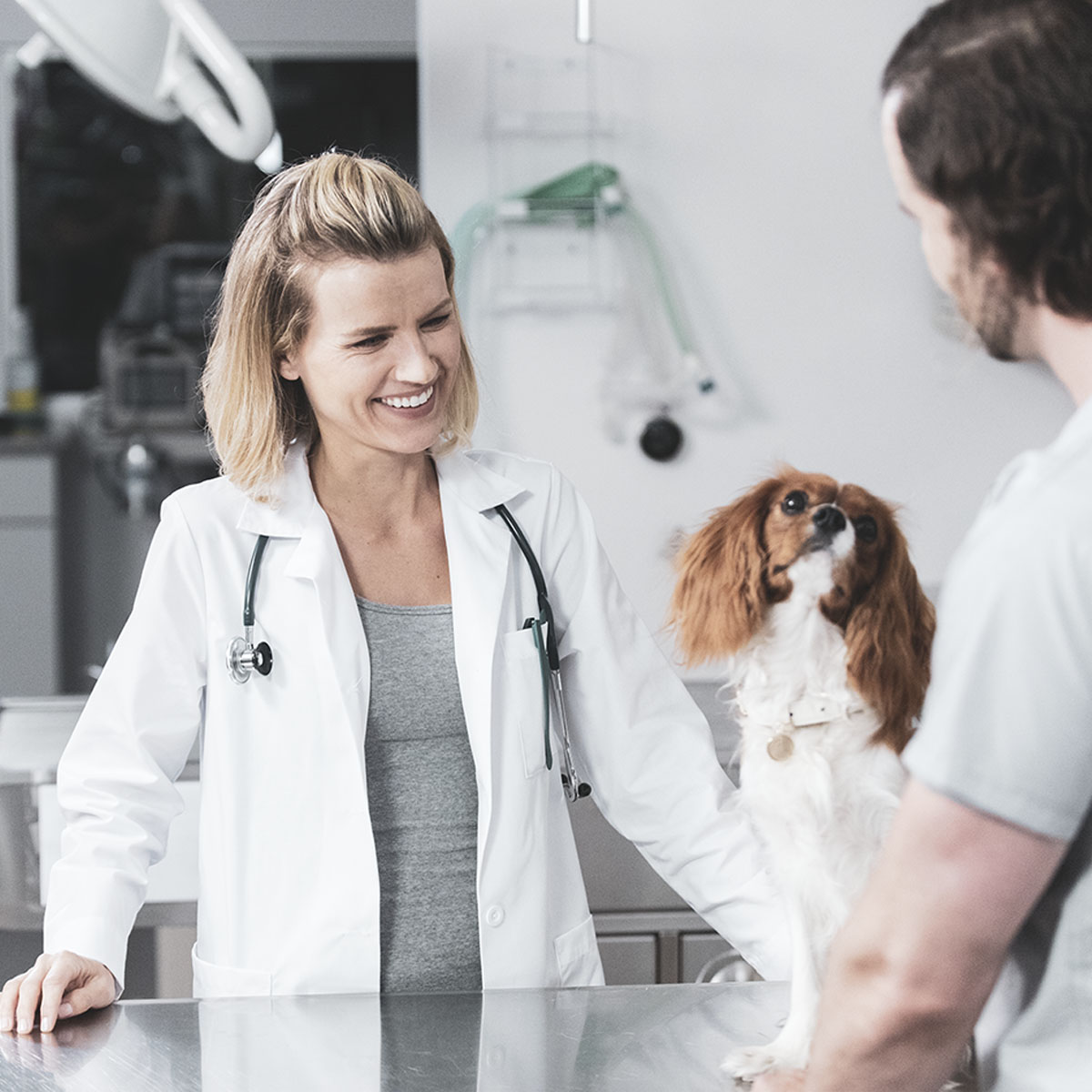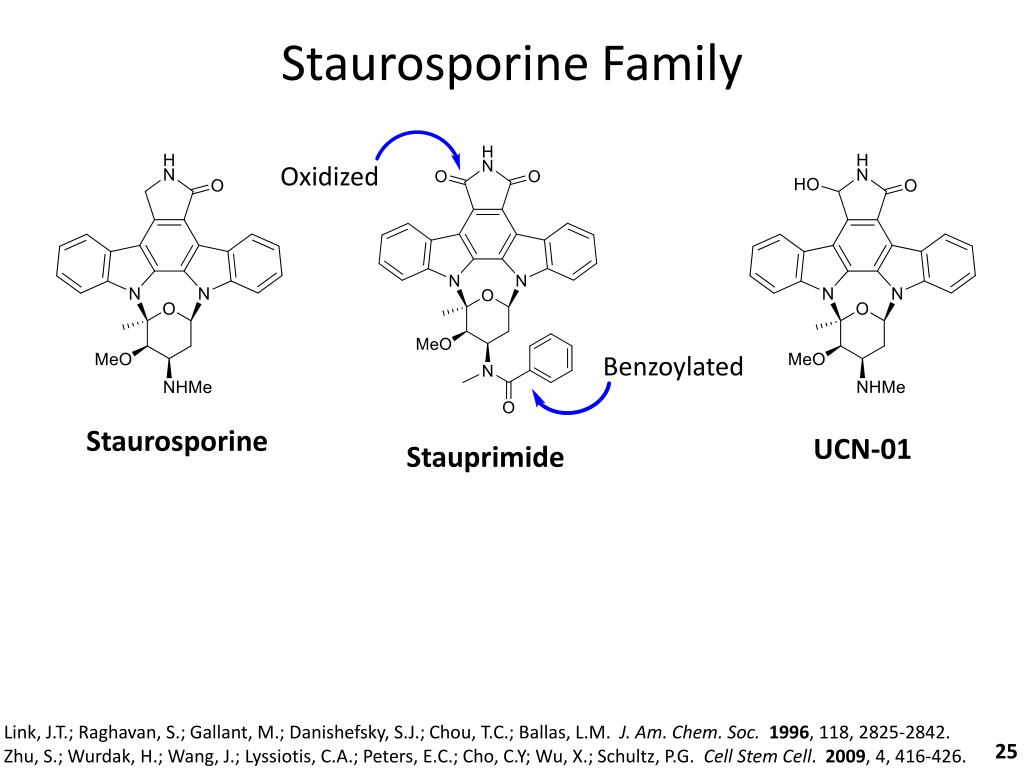
The company is using the funds for research and development, clinical studies to advance treatments and education campaigns on stem cell therapy.įounded by DogVacay founder & CEO Aaron Hirschhorn and also led by Chief Scientific Officer Dr. This is an area however they are continuing to research.Gallant, a Los Angeles, CA-based animal biotech company, raised $11m in funding.īackers included Maveron, Bold Capital Partners, Bling Capital, Science Inc.


24 While they determined that the use of stem cells appear safe, however, it did not show any significant improvement. A 2013 study published in the Journal of Small Animal Practice looked at the use of adipose-derived MSCs in Dobermans with dilated cardiomyopathy. Unfortunately, this can be a devastating disease. Current treatment is cardiac medications directed at improving the systolic function of the heart. These arrhythmias can predispose dogs to sudden death. Symptoms such as lethargy, weakness, coughing, abdominal distention, and cardiac arrhythmias are common. This causes a lack of blood flow, decreased delivery of oxygenated blood, and congestion of blood in the lungs. It is more common in Doberman Pinschers, Great Danes, boxers, and Cocker Spaniels. Dilated Cardiomyopathyĭilated Cardiomyopathy is a disease of the cardiac muscle that decreases the ability of the heart to generate enough pressure to pump blood through the body. 23 After 120 days, results showed significant improvement in gastrointestinal lesions and reduced inflammation. A 2015 study in Veterinary Journal evaluated the use of a single intravenous infusion of adipose-derived MSCs in 11 dogs with IBD. Dietary changes and anti-inflammatory medicines can help, but this is often a lifelong condition. These conditions cause inflammation in the walls of the gastrointestinal tract and may cause vomiting, decreased appetite, weight loss, and liquid or bloody stool. Inflammatory Bowel Diseases (IBD)ĭogs may suffer from one of several inflammatory bowel diseases including histiocytic ulcerative colitis, lymphocytic-plasmacytic colitis, and eosinophilic colitis. While this is encouraging for canine treatment, this also provides hope for people suffering from Crohn’s disease. This study was the first to show evidence of the safety and therapeutic potential.
#GALLANT STEM CELL FREE#
22 At three months, all six dogs were completely free of fistulas. A 2016 study in Regenerative Medicine treated six dogs with canine anal furunculosis with human embryonic stem cells. Current treatments include anti-inflammatory and immunosuppressive drugs but can progress to the need for surgical intervention.
#GALLANT STEM CELL SKIN#
These tunnel-like lesions appear in the skin and tissue surrounding the anal area and can cause severe pain. Similar to the fistulas experienced by human Crohn’s patients, perianal fistulas, or anal furunculosis, is a serious medical condition that commonly affects German Shepherds. Current clinical trials, such as one currently enrolling by VetCell Therapeutics and Western University Health Center are looking at how MSCs may change treatment options. Current treatment options require frequent administration of topical medications that can come with serious side effects. Atopic DermatitisĪtopic dermatitis is an inflammatory skin disease that affects nearly 8.7 percent of dogs. 20 Most of the dogs experienced improvement and researchers believe that the use of MSCs may be a promising approach to IVDD. A 2015 study published in Turkish Neurosurgery treated seven dogs with MSCs in paraplegic dogs without deep pain perception due to intervertebral disc disease. This is a common condition in smaller chondrodystrophic dog breeds, such as Dachshunds, often leading to paralysis. 19 In addition to osteoarthritis and the other conditions already mentioned, other conditions include: Intervertebral Disc Degeneration (IVDD) from the Regenerative Medicine Laboratory at the Cummings School of Veterinary Medicine he discusses many of the conditions currently being evaluated and undergoing trials for stem cell therapy. In a report from Andrew Hoffman, D.V.M., D.V.Sc. Research Continues to Explore Different Applications for Stem Cell Therapy


 0 kommentar(er)
0 kommentar(er)
